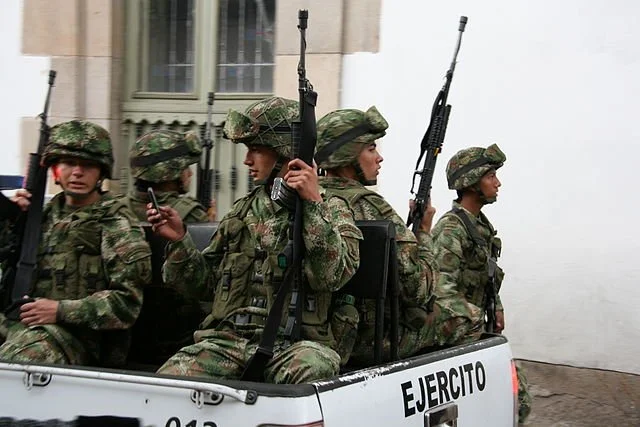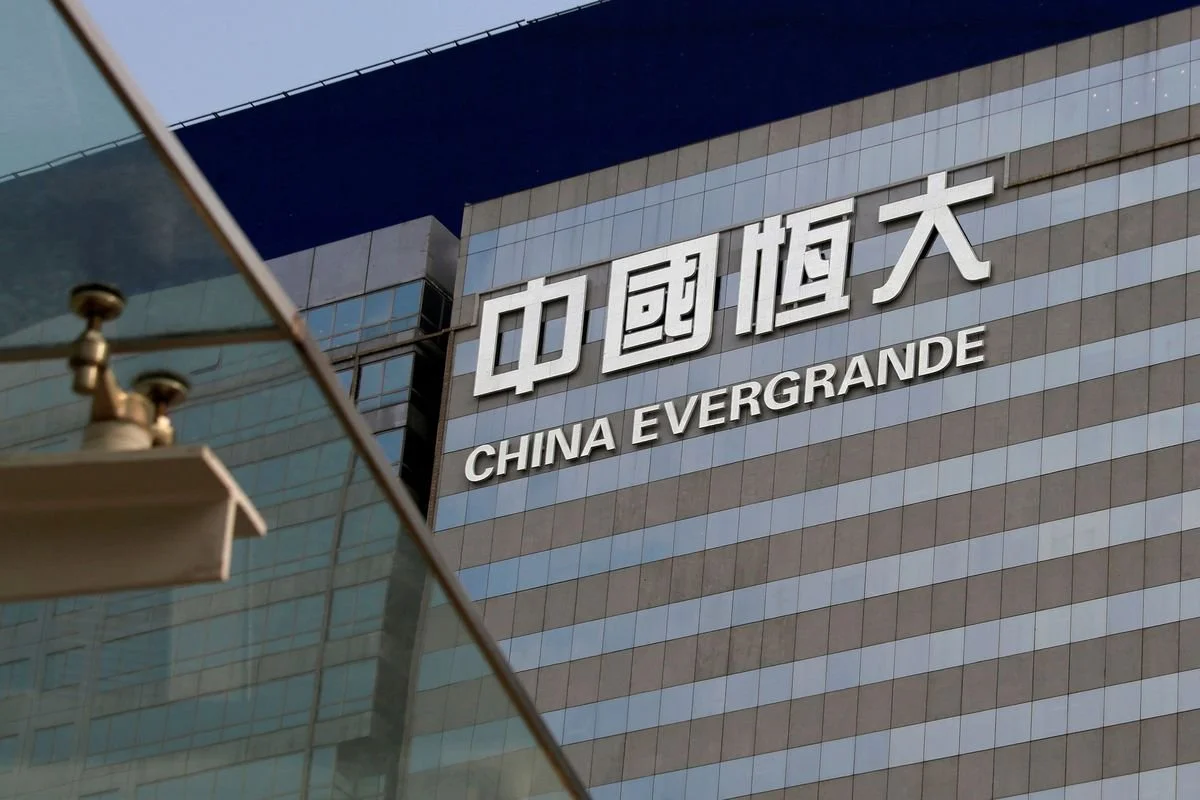Colombia’s Capture of Gulf Clan Leader: Success Story or Hollow Victory?
In a hard earned victory for the state, Colombian security forces recently completed their mission to capture Dairo Antonio Usuga, the powerful drug lord widely known as Otoniel, the most wanted drug trafficker in the country. After years of searching for the leader of the Autodefensas Gaitanistas de Colombia (better known in English as the Gulf Clan), his capture and arrest has been compared to the 1993 apprehending of Pablo Escobar.
In the past decade, Colombia has had a string of relative successes in its various efforts to tackle the vast drug trafficking industry within its borders. Most notably, in 2016, a peace agreement was signed between the federal government and the Revolutionary Armed Forces of Colombia, known as FARC, casting significant hope on the country’s ability to end more than 50 years of conflict. Hailed as a blueprint for other countries going through similar periods of conflict, the peace treaty involved increased women’s participation in the negotiation process, mandated the disarmament of the group, and began a bilateral and definitive ceasefire between the two parties.
Now, with Otoniel behind bars, there exists the question of if it will lead to a period of peace in the country, and if his arrest signifies the end of one of the most powerful drug syndicates on the planet. Without his leadership, it is projected that the Gulf Clan will fracture: with a centralised string of command it is likely that the cartel will lose its strengthened organisational apparatus that has rendered it such a potent opponent of the government in the past years. However, despite President Ivan Duque Martinez’s claims that this will lead to a turning point in the Gulf Clan’s lifespan, it is probable that the cartel’s illicit actions will continue to occur at a widespread but decentralised local level.
Is there something that makes Colombian special forces unique and effective in tackling the drug trade? Other countries in the regions, like Brazil and Mexico who suffer from high rates of criminal activity and endemic violence, have not seen peace treaties to the extent that Colombia has nor captured leaders of major cartels (however, Mexican forces’ capture of Joaquin “El Chapo” Guzman must be recognised).
Colombia’s federal system is one that separates them from those other countries most plagued by drug trafficking and corruption in Latin America: Brazil and Mexico, for example, are federal republics with constitutionally divided states. This devolution of governance leads to a lack of federally cohesive strategies to tackle the complex networks of drug traffickers in both countries, especially given the sheer number in Mexico and the strength of the Primeiro Comando da Capital (PCC) in Brazil. Both countries have achieved limited success in their efforts against large scale criminal organisations and employ primarily regional forces to deal with such large groups.
Colombia, on the other hand is a country comparatively much smaller in population with a unitary system of government, in which governing power rests in the centralised government. This has given it a stronger apparatus in tackling cartels, and lends the opportunity for the federal government to to act as a single major actor without having to deal with the complexities of multi level peace efforts that federal states with regional centralisation would.
However, it is important to note that despite comparatively stronger federal cohesion and historic successes, Colombia is by no means a success story. Municipal and judicial corruption, and widespread financial insecurity are issues that continue to plague the nation. Even the FARC peace treaty hailed as the revolutionary end to the Colombian conflict did not signal an end to the paramilitary group as many international observers had hoped. Though disarmament was stipulated in the deal, in many rural villages there remains a strong armed presence of drug traffickers, and in turn, widespread lack of trust in the federal government from rural Colombians.
This also stacks on top of recent waves of protests starting in April. Taking to the streets of its largest cities, Colombian citizens rallied against tax increases, a perceived failure of COVID response measures, administrative corruption, and police brutality among a myriad of other other problems, calling for the resignation of President Duque and major cabinet members. This all signifies that the government forces responsible for tracking and capturing Otoniel, regardless of the success of their actions, are currently not in any position to be admired by mainstream Colombian society.
Despite these failures, Colombia has managed to achieve some effectiveness in tackling some of its largest problems. A strong federal security apparatus, a unitary system of government, and authoritarian but effective prison systems are all factors that aid it in its battle against paramilitary and organised crime groups, factors which other countries in the region lack.
From a short glance, it may appear that Colombia is a country that has fine tuned its security activities to a manner that is effective against organised crime groups, in a relatively marginal but regionally significant way. Although it has found a degree of victory, upon further inspection its successes are not indicative of any major societal change: organised crime retains a strong (although more decentralised) presence, and the current administration does not enjoy popular support from Colombian citizens. Confronting such a contentious and complex subject, and one so entrenched in the contemporary history of the country, will be of course difficult to claim victory, and although the arrest warrants in Otoniel’s name are no longer needed, there is still much work to be done before Colombia can be called a success story, and before it should be viewed as a possible guide for its Latin neighbors.



